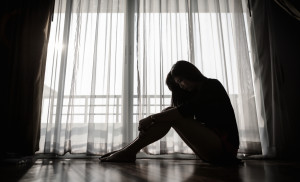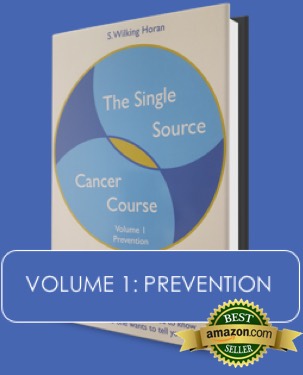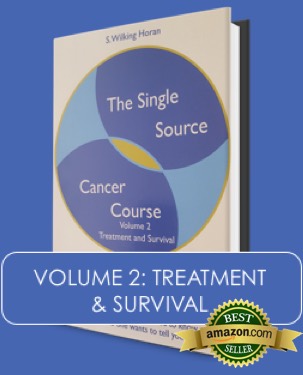 Happy Labor Day weekend everyone! Gosh, it’s hard to believe that yet another summer is coming to an end!
Happy Labor Day weekend everyone! Gosh, it’s hard to believe that yet another summer is coming to an end!
When we were kids, the end of summer was the absolute worse time of year. The end of summer brought with it the end of swimming in the neighborhood pool, horseback riding, trips to the Dairy Queen, hikes in the mountains, picnics and long days of endless play that lasted way into the deep twilight of those warm summer nights. AND, it meant that the first day of school was right around the corner.
Honestly, I used to become so depressed! I would drag around, mope, shuffle my feet, shrug my shoulders and basically remain that way until Halloween! For then, of course, with Halloween came trick or treating, parties, bags of candy AND the knowledge that Thanksgiving was just a few weeks away from Halloween AND that Christmas was just a few weeks away from Thanksgiving!! Yippee!! Order was restored to my world! And, I once again was a happy kid!
Point is, many of us felt this way. This is normal. Ups and downs are a part of life. And we all go through periods of unhappiness, boredom, sadness, disappointment and even hopelessness. But lately, we have heard in the news so much about deep clinical depression — which is not normal — and the tragic choices that such depression can lead one to make.
It’s important to discuss this because many of you who come to my website have been diagnosed with cancer, are in the process of being treated for cancer, have survived cancer — or know someone else in one of these situations. And research has shown that approximately twenty-five percent of those individuals diagnosed with cancer will experience true clinical depression at some time during their treatment.
Now, it’s not always easy to recognize clinical depression in a cancer patient. This is because feelings of loss, fear, grief, withdrawal and anxiety are common and normal when one is diagnosed with cancer. These feelings also can be common side effects of the cancer itself and of the treatments one undergoes for the cancer. But, if these symptoms last longer than two weeks and begin to interfere with your daily life and your relationships it is important to seek professional help.
So, let’s review some of the symptoms common to both normal and clinical depression which include:
— Inability to concentrate
— Fatigue
— Feelings of sadness and grief
— Anxiety or hopelessness
— Insomnia and sleep disturbances
— Significant weight loss
— Loss of interest in daily activities
— Suicidal thoughts and behavior
Remember, experiencing some of these symptoms from time to time is a completely normal part of life. Experiencing these symptoms for more than two weeks — and to the point you cannot function properly or appreciate daily life — could be a sign of clinical depression, which in turn must be treated professionally to restore your overall feeling of well-being.
Fighting cancer or any other serious disease is a tough job! Don’t let deep depression make it any harder! Know the warning signs. Know what to look for. And, know that help is ALWAYS available! Get up! Get out! Fight for your life and your right to live! Give yourself every edge — every advantage — so you can continue to fight the good fight! And then, be proud of yourself! For I’m so proud of you all!
TAKE THE COURSE AND TAKE CHARGE!
The Single Source Cancer Course Volume 2, 171-174



Leave a Comment